Home>Gardening & Outdoor>Landscaping Ideas>When Does Grass Start Growing In Tennessee


Landscaping Ideas
When Does Grass Start Growing In Tennessee
Modified: March 5, 2024
Discover the best landscaping ideas for Tennessee as you learn when grass starts growing in the region. Get expert tips for a lush lawn!
(Many of the links in this article redirect to a specific reviewed product. Your purchase of these products through affiliate links helps to generate commission for Storables.com, at no extra cost. Learn more)
Introduction
The lush greenery of a well-maintained lawn is a sight to behold, and for many Tennessee homeowners, nurturing a thriving grassy landscape is a source of pride. Understanding the growth patterns of grass in Tennessee is essential for cultivating a healthy and vibrant lawn. From the emergence of tender shoots to the full splendor of a verdant carpet, the journey of grass growth is a fascinating process influenced by various factors.
In this comprehensive guide, we will delve into the intricate nuances of grass growth in Tennessee, shedding light on the key elements that impact this natural phenomenon. By gaining insights into the optimal conditions and timelines for grass growth, you can equip yourself with the knowledge needed to foster a flourishing lawn that will be the envy of the neighborhood.
So, let's embark on a journey through the verdant realms of Tennessee's grass growth, exploring the factors that shape this process and uncovering valuable tips to promote the lush, vibrant growth of your lawn.
Key Takeaways:
- Grass in Tennessee thrives in diverse climates and seasons, needing tailored care. Understanding factors like soil quality, sunlight, and maintenance is crucial for a vibrant lawn.
- Grass growth in Tennessee follows a seasonal dance, from spring awakening to winter dormancy. By choosing the right grass, proper watering, and maintenance, homeowners can nurture resilient and lush lawns.
Read more: When Does Grass Stop Growing In Tennessee
Factors Affecting Grass Growth in Tennessee
The growth of grass in Tennessee is influenced by a myriad of factors, each playing a crucial role in shaping the health and vibrancy of lawns across the state. Understanding these factors is essential for homeowners and landscapers seeking to optimize the growth of their grassy landscapes. Let's explore the key elements that impact grass growth in Tennessee:
1. Climate and Weather Conditions
Tennessee's diverse climate, characterized by hot summers and mild winters, significantly influences grass growth. Warm-season grasses such as Bermuda, Zoysia, and Centipede thrive in the summer heat, while cool-season grasses like Kentucky Bluegrass and Fescue flourish during the milder months. The seasonal variations in temperature and precipitation directly impact the growth patterns of different grass species, necessitating tailored care and maintenance strategies.
2. Soil Composition and Quality
The composition and quality of the soil play a pivotal role in determining the success of grass growth. Factors such as soil pH, nutrient levels, and drainage capacity profoundly impact the ability of grass roots to establish and thrive. Conducting soil tests to assess its composition and making necessary amendments can significantly enhance the growth potential of grass in Tennessee.
3. Sunlight Exposure
The amount of sunlight received by a lawn area is a critical factor influencing grass growth. Different grass species have varying sunlight requirements, with some thriving in full sun while others prefer partial shade. Understanding the sunlight exposure patterns in your landscape is essential for selecting the most suitable grass species and optimizing their growth potential.
Read more: When Does Maiden Grass Start To Grow
4. Watering and Irrigation
Adequate and consistent watering is essential for promoting healthy grass growth. In Tennessee, where summers can bring intense heat and occasional drought conditions, proper irrigation practices are crucial for sustaining lush lawns. Balancing the frequency and duration of watering while considering factors such as soil moisture retention and evaporation rates is essential for nurturing robust grass growth.
5. Maintenance Practices
Regular mowing, aeration, fertilization, and weed control are indispensable maintenance practices that directly impact grass growth. Proper mowing heights, timely aeration to alleviate soil compaction, and strategic fertilization contribute to the overall health and vigor of the grass, fostering optimal growth and resilience.
By recognizing and addressing these influential factors, homeowners and landscapers can proactively create an environment conducive to robust grass growth in Tennessee. With a comprehensive understanding of these elements, you can embark on a journey to cultivate a lush and vibrant lawn that thrives in harmony with the unique environmental dynamics of the region.
Typical Timeline for Grass Growth in Tennessee
The typical timeline for grass growth in Tennessee unfolds in a rhythmic dance orchestrated by the changing seasons and environmental conditions. Understanding the temporal dynamics of grass growth is essential for homeowners and landscapers seeking to synchronize their lawn care efforts with the natural rhythms of the region. Let's embark on a journey through the seasonal stages of grass growth in Tennessee, unraveling the nuanced timeline that shapes the verdant landscapes across the state.
Spring Awakening: March to May
As the grip of winter loosens its hold, the arrival of spring heralds the awakening of grass from its dormant state. In Tennessee, this period, spanning from March to May, marks the onset of active growth for cool-season grasses such as Kentucky Bluegrass, Fescue, and Ryegrass. The warming temperatures and increased daylight hours provide the ideal conditions for grass to initiate new growth, with tender green shoots emerging from the soil.
Read more: When Does Bahia Grass Start Growing
Summer Splendor: June to August
The summer months in Tennessee usher in a phase of vigorous growth and lush greenery, especially for warm-season grasses like Bermuda, Zoysia, and Centipede. The ample sunlight and warm temperatures fuel the rapid expansion of grass blades, creating a verdant carpet across lawns and landscapes. Proper watering and maintenance practices during this period are crucial for sustaining the health and vibrancy of the grass, ensuring its resilience in the face of the summer heat.
Autumn Transition: September to November
As the summer wanes and the crisp embrace of autumn descends upon Tennessee, grasses undergo a transitional phase. Cool-season grasses experience a resurgence in growth during this period, benefiting from the milder temperatures and favorable moisture levels. The fall presents an opportune time for overseeding and lawn renovation efforts, allowing for the rejuvenation of grass cover and the preparation for the upcoming winter dormancy.
Winter Dormancy: December to February
The winter months bring a period of dormancy for grass in Tennessee, particularly for warm-season varieties. As temperatures drop and daylight hours diminish, grass growth slows down, and the vibrant green hues give way to a more subdued appearance. While cool-season grasses continue to exhibit some growth during milder spells, the overall pace of growth is significantly subdued, marking a period of rest and recovery for the grass as it prepares for the resurgence of spring.
By embracing the ebb and flow of grass growth across the seasons, homeowners and landscapers in Tennessee can align their lawn care practices with the natural timeline, nurturing healthy and resilient lawns that thrive in harmony with the region's environmental rhythms. Understanding the typical timeline for grass growth empowers individuals to make informed decisions regarding maintenance, irrigation, and seasonal lawn care, ultimately contributing to the enduring beauty of Tennessee's grassy landscapes.
Tips for Promoting Healthy Grass Growth
Promoting healthy grass growth in Tennessee requires a proactive approach that encompasses various aspects of lawn care and maintenance. By implementing the following tips, homeowners and landscapers can create an optimal environment for robust and vibrant grass growth, ensuring that lawns thrive in harmony with the unique dynamics of the region.
-
Soil Testing and Amendment: Conducting a comprehensive soil test to assess the pH levels and nutrient composition of the soil is a crucial first step in promoting healthy grass growth. Based on the test results, necessary amendments such as lime application to adjust pH levels and targeted fertilization can be undertaken to create an ideal growing medium for grass.
-
Appropriate Grass Selection: Choosing grass species that are well-suited to the specific climatic and environmental conditions of Tennessee is essential for promoting healthy growth. Selecting warm-season or cool-season grass varieties based on sunlight exposure, water availability, and temperature ranges ensures that the grass thrives in its designated environment.
-
Proper Watering Practices: Implementing a consistent and efficient watering regimen is vital for sustaining healthy grass growth. Deep, infrequent watering sessions that penetrate the root zone encourage strong root development and drought resistance. Additionally, adjusting watering schedules based on seasonal variations and moisture levels prevents water stress and promotes lush, resilient grass growth.
-
Mowing Techniques: Adopting proper mowing techniques, including maintaining the recommended mowing height for the specific grass species, prevents stress and promotes healthy growth. Regular mowing at the appropriate height encourages dense turf growth, reduces weed infestation, and enhances the overall aesthetic appeal of the lawn.
-
Aeration and Dethatching: Periodic aeration and dethatching of the lawn alleviate soil compaction, improve air and water penetration, and stimulate healthy root growth. These practices promote optimal nutrient uptake and enhance the overall vigor of the grass, contributing to lush and resilient turf.
-
Strategic Fertilization: Applying fertilizers at the right time and in the correct amounts provides essential nutrients that support robust grass growth. Tailoring fertilization schedules based on the specific needs of the grass species and the soil composition ensures that the grass receives the necessary nourishment for sustained health and vitality.
-
Weed and Pest Management: Vigilant weed control and proactive pest management are essential for safeguarding the health and growth of grass in Tennessee. Implementing integrated pest management strategies and targeted weed control measures prevents competition for resources and minimizes stress on the grass, fostering unhindered growth and development.
By incorporating these tips into their lawn care practices, homeowners and landscapers can nurture thriving and resilient grass growth in Tennessee. Embracing a holistic approach that addresses soil health, watering, maintenance, and pest management empowers individuals to create lush and vibrant lawns that stand as a testament to the beauty of Tennessee's natural landscapes.
Read more: What Kind Of Grass Grows In Tennessee
Conclusion
In conclusion, the growth of grass in Tennessee is a dynamic and captivating journey shaped by a tapestry of environmental factors, seasonal rhythms, and attentive care. By unraveling the intricate interplay of climate, soil, sunlight, and maintenance practices, homeowners and landscapers can gain a profound understanding of the mechanisms that drive healthy grass growth in the region.
As the seasons unfold, from the vibrant awakening of spring to the restful dormancy of winter, grass in Tennessee undergoes a rhythmic cycle of growth and renewal. Embracing this natural timeline empowers individuals to synchronize their lawn care efforts with the ebb and flow of the environment, fostering resilient and vibrant lawns that mirror the beauty of the state's landscapes.
The tips provided for promoting healthy grass growth serve as a roadmap for homeowners and landscapers, offering actionable insights to create an optimal environment for lush and resilient lawns. From soil testing and appropriate grass selection to strategic watering, maintenance, and pest management, these guidelines form a holistic approach that nurtures the enduring beauty of Tennessee's grassy landscapes.
Ultimately, the journey of grass growth in Tennessee is a testament to the harmonious interplay between nature and human stewardship. By recognizing the influential factors, understanding the seasonal dynamics, and implementing proactive care strategies, individuals can cultivate lawns that stand as vibrant emblems of the state's natural splendor.
As we traverse the verdant realms of Tennessee's grass growth, let us embrace the opportunity to nurture thriving and resilient lawns that not only enhance the aesthetic appeal of our surroundings but also contribute to the enduring legacy of sustainable and vibrant landscapes in the Volunteer State.
Frequently Asked Questions about When Does Grass Start Growing In Tennessee
Was this page helpful?
At Storables.com, we guarantee accurate and reliable information. Our content, validated by Expert Board Contributors, is crafted following stringent Editorial Policies. We're committed to providing you with well-researched, expert-backed insights for all your informational needs.
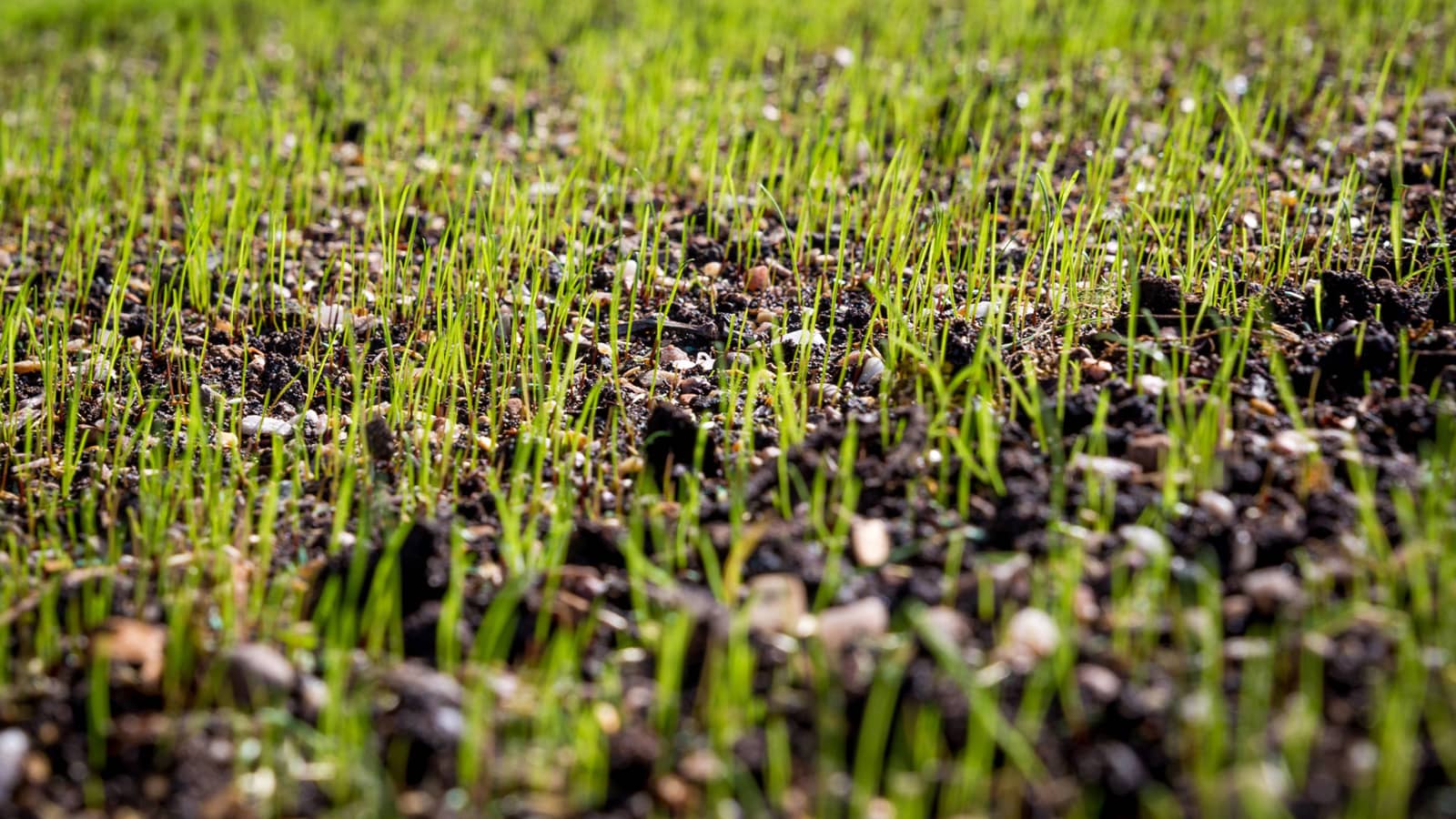
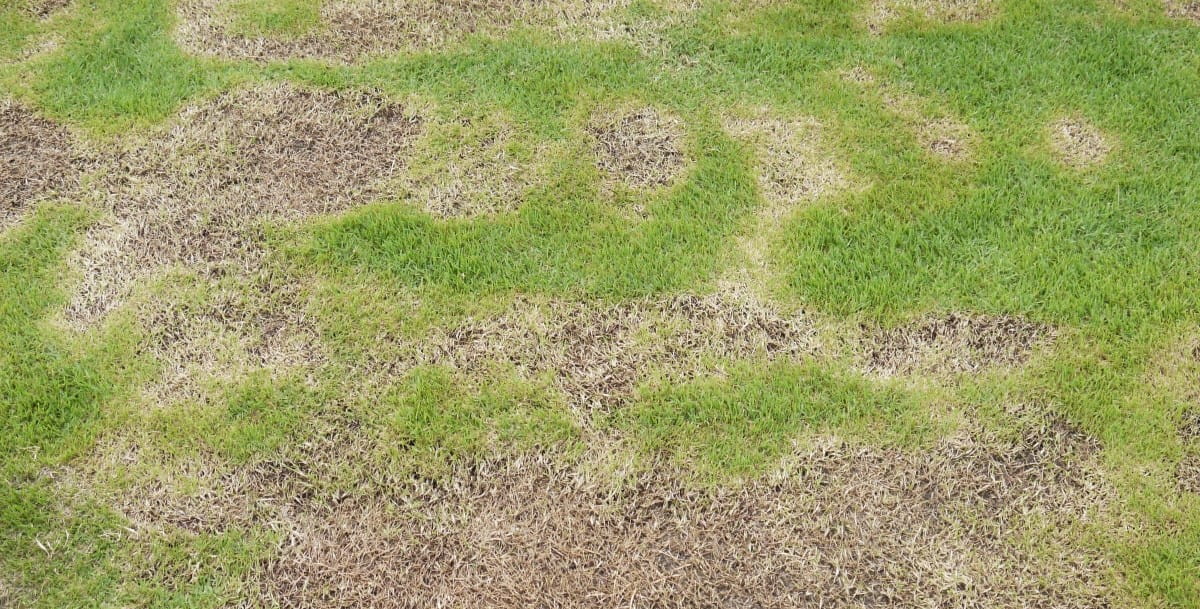
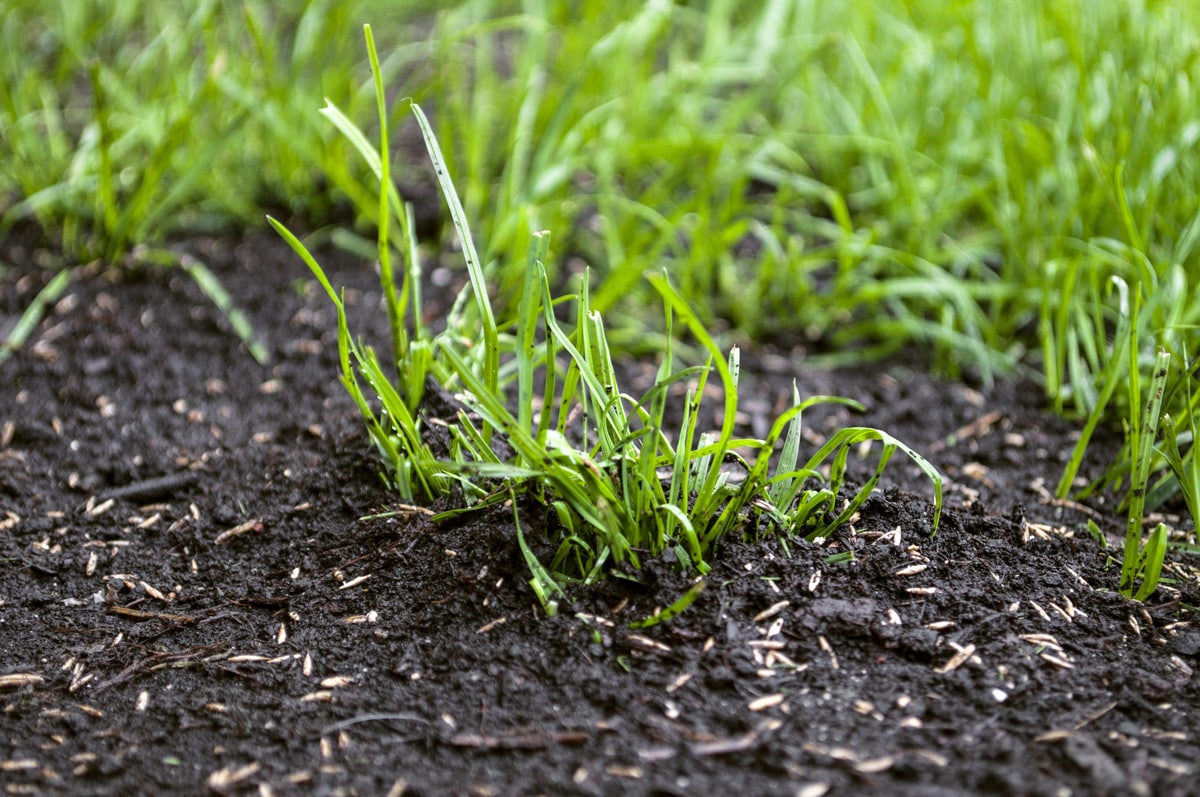
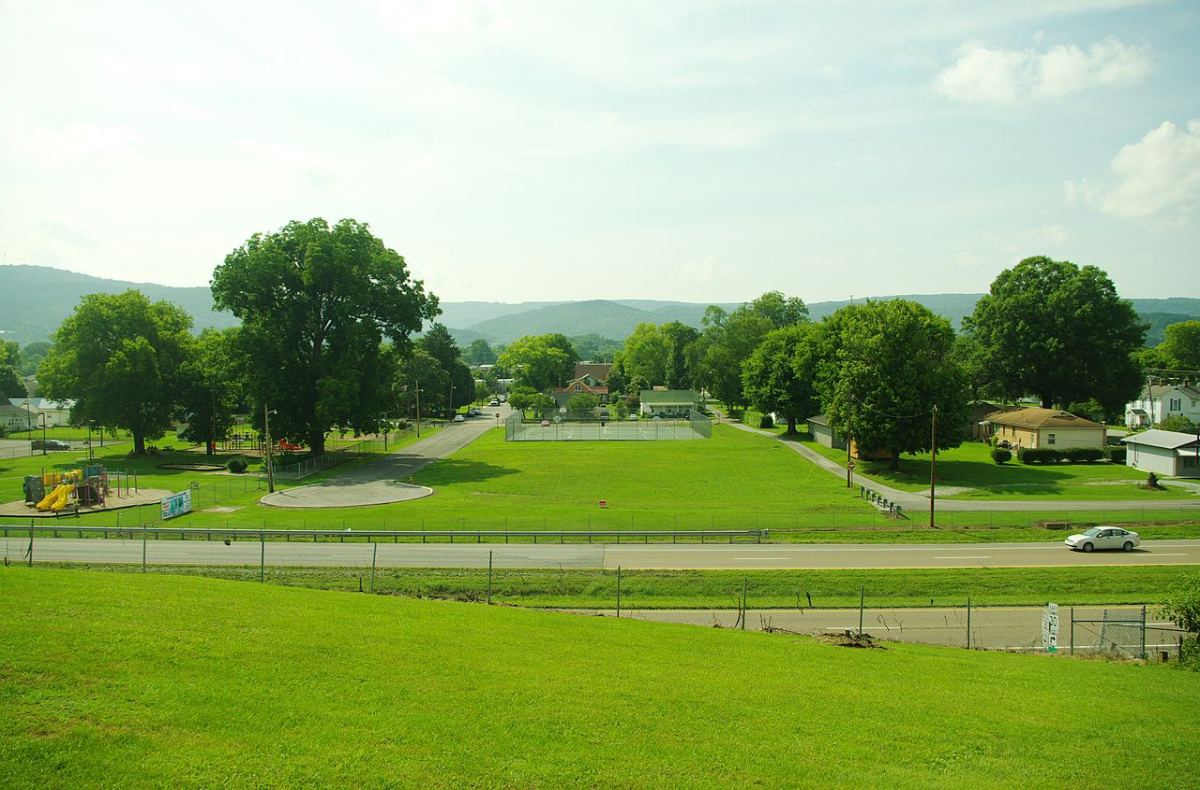
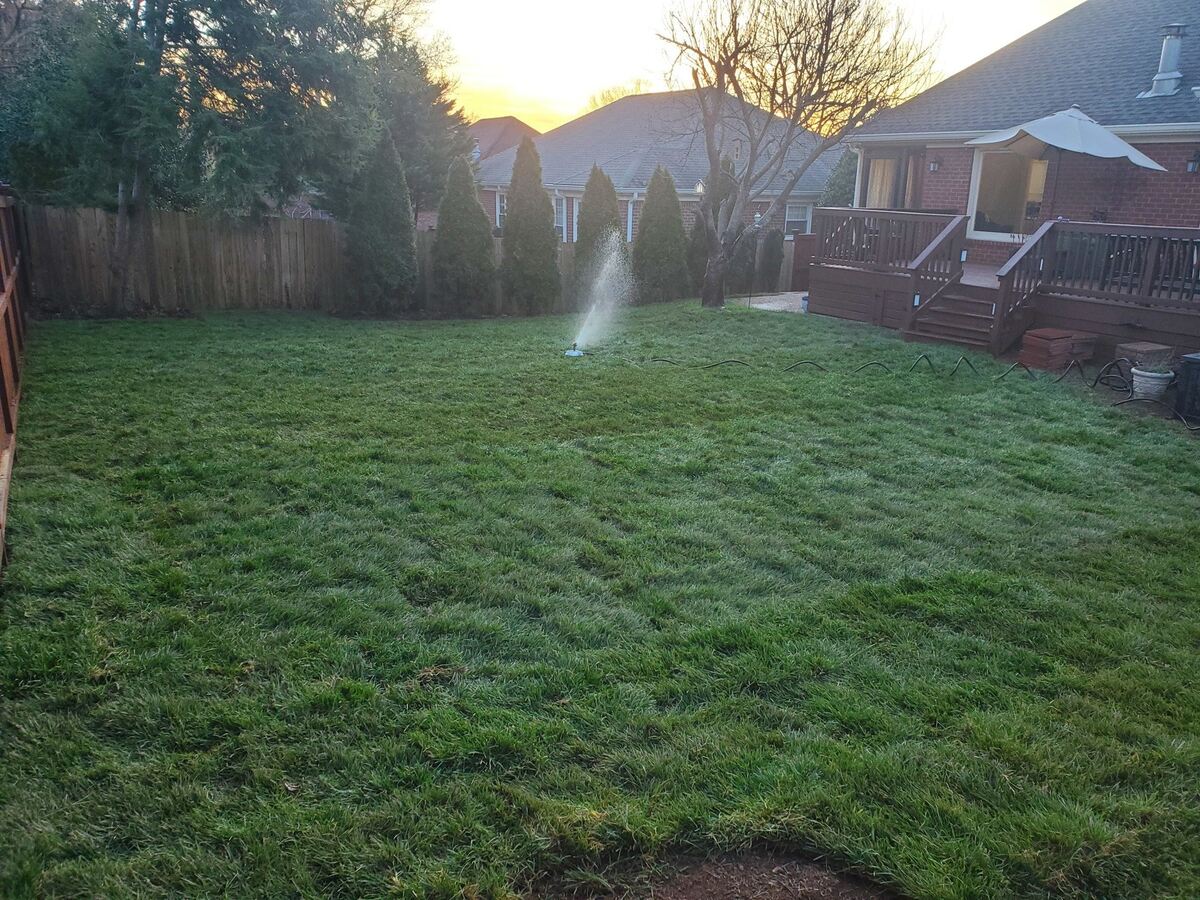
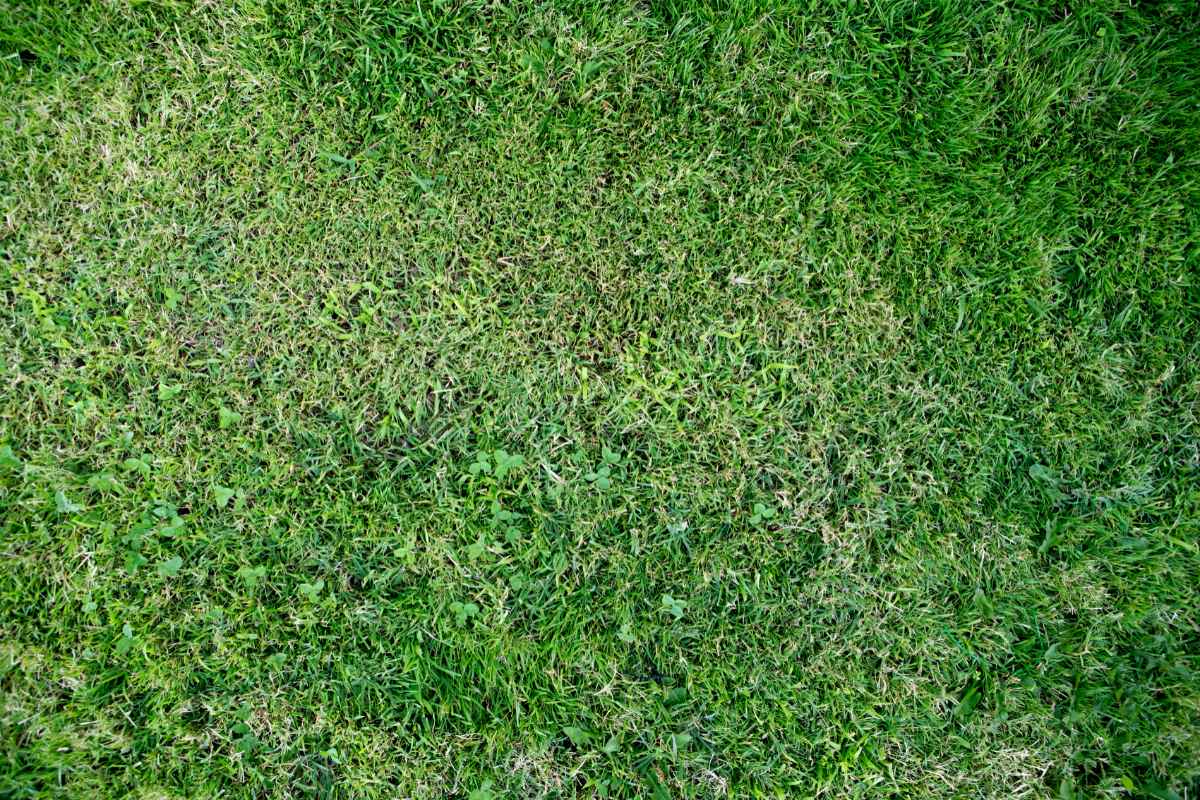

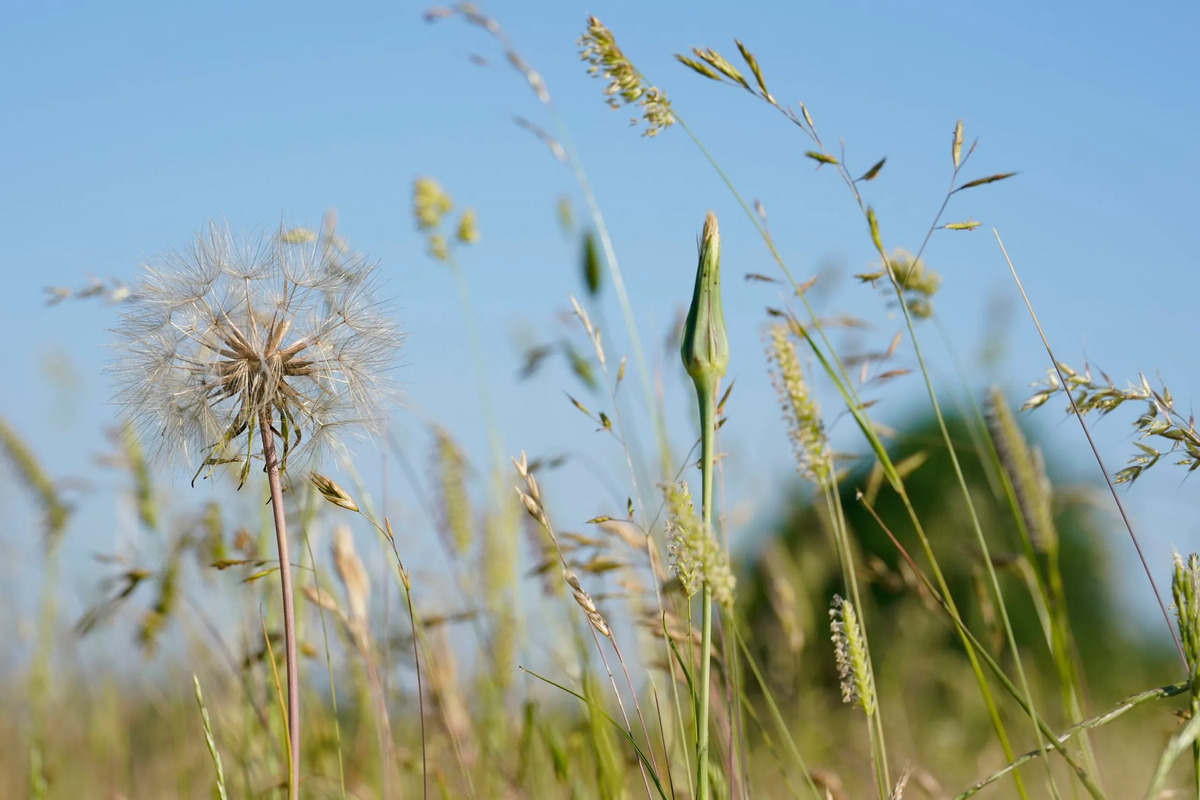
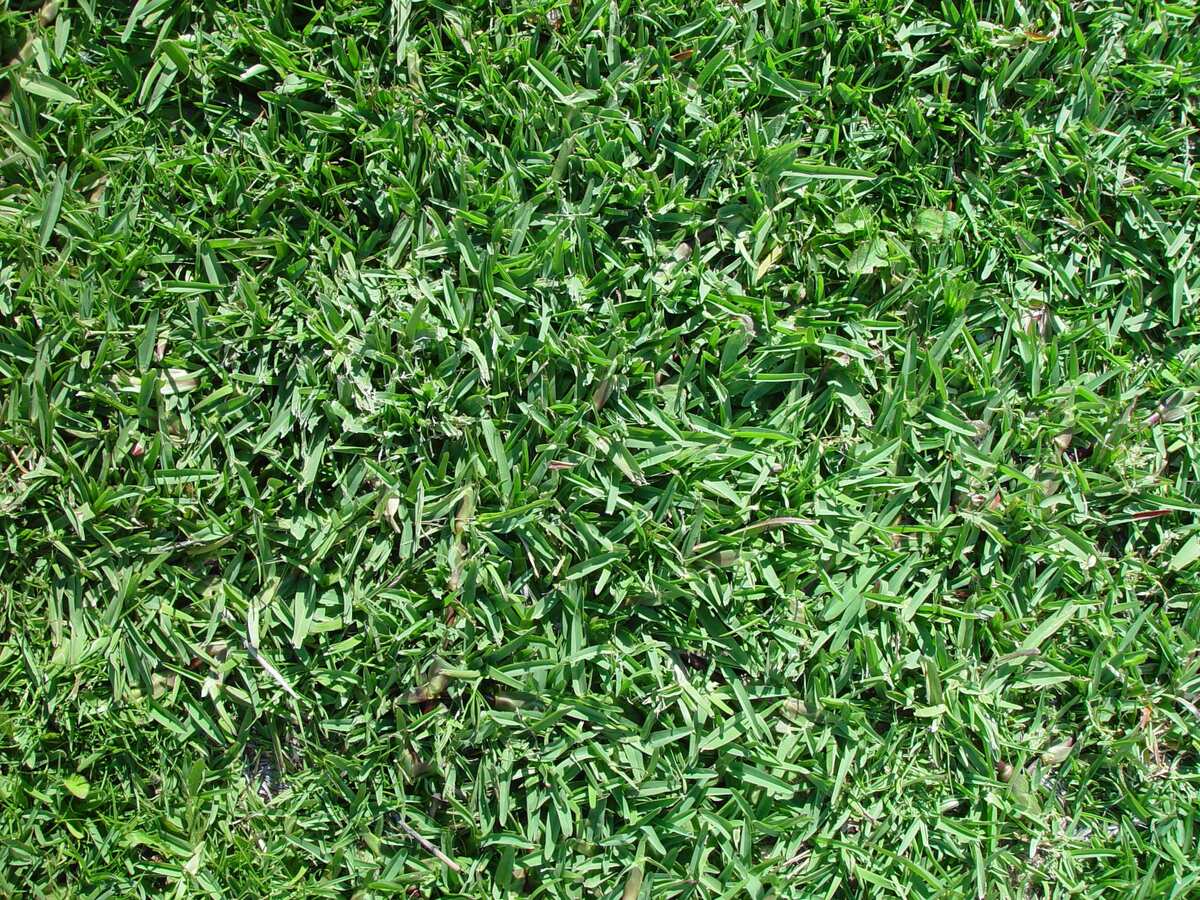


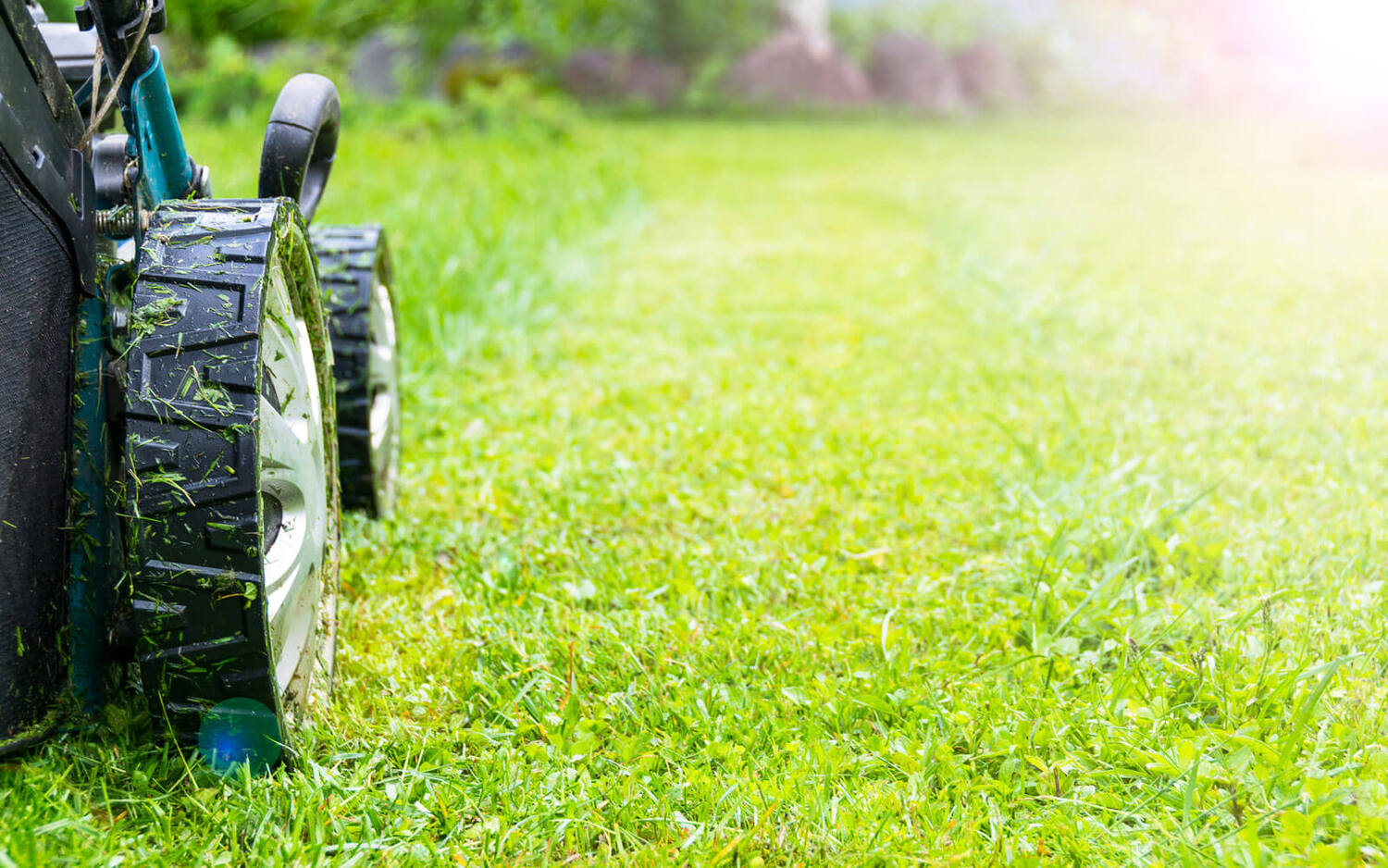

0 thoughts on “When Does Grass Start Growing In Tennessee”